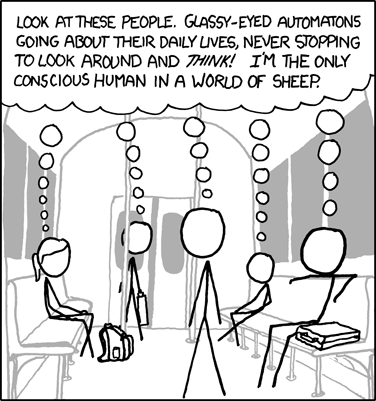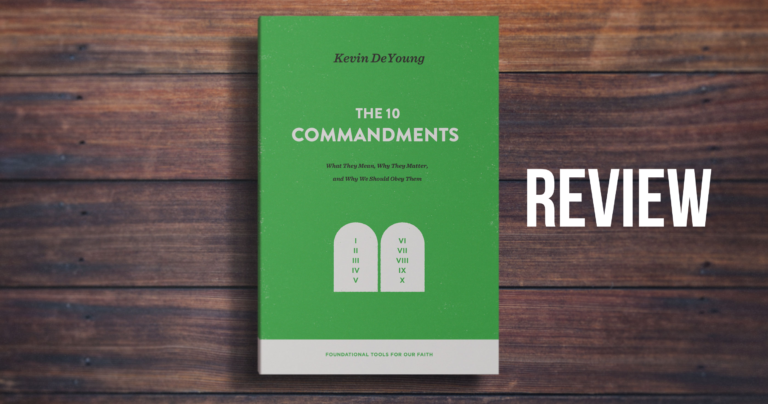Something interesting is happening in the way people receive news. A step backwards to a time when newsboys would be standing on the street, and information would be passed by word of mouth from person to person with no ability to corroborate the story unless you were affected first hand.
Of course, back in 1900 this was acceptable we did not have the Internet with wonders such as Google, Wolfram Alpha and (ahem) Wikipedia to answer our every question. So with the recent controversy over “Kony2012” and other such ‘viral’ news pieces it did make me wonder what had happened to the common sense that people used to have.
It’s not like much has changed. People like the idea of individuality, attempting to always be the best in a certain situation. However, people always fall into a peer impressionable group. The principle is seen in many ways.

One of the most startling is mob mentality. The London riots in 2011 were an example of one small group starting trouble and others jumping on the bandwagon. Derren Brown recently aired a show (as part of his ‘The Experiments’ series) where members of the public were invited to come dictate what would happen to a random person they had never met. These choices started with the man getting slapped, all the way through to getting arrested and in the end run over. As soon as a group forms, the game changes, decisions are not entirely independent anymore. It’s as if a person’s individuality is totally gone, and only the group collective remains.
I wonder whether this is where the viral phenomenon comes from. People see that someone has or enjoys something and therefore assumes it is right and tags along. We see this all the time in marketing. The ‘happy child’ technique is still in use, where a parent sees a child being totally ecstatic about a trip to Disneyland (unless they’re my sister – more on that another time) or the next FisherPrice toy. As a self-confessed fan of Apple’s products I’m as guilty as the rest. You always want to have that new iPhone or iPad, even if there has been hardly any change in what it can do. You do not really think about the £500ish you will have to pay, only the fact that it will ‘make your life better’ and you’ll be seen as ‘hip’.
So what am I trying to get across with this blog post? Well I think as a society we need to gain back our individual thought, rather than always wanting to impress. Personally if I see something being shared/retweeted/tumbled/+1’d I do not feel the urge to do the same. It does save the issue of getting caught out when something comes to light that a basic bit of research could have revealed first though. And in the end, who wants to look foolish in their social circle?








“Does everyone have a social circle?”
Has something interesting really happened? Perhaps going back a number of years and looking at how newspapers were distributed and how powerful word of mouth is, it might be surprising that this really has not changed. If you were to go out and ask people their opinions on what they hear on TV, read online, or still in a newspaper, it may be the same old story.
Newspapers are increasingly changing their content to be accessible online, but it is still the same material. Does this mean the reaction of people when reading has changed, do people trust online more? Unlikely, it seems. Perhaps many more people doubt what is read online and said on the news, especially after the many scandals from news corporations. What could this mean? Word of mouth is still as powerful as before, or is it more so, or less?
Does everyone want individuality? Are there those that just strive to be in a group, maybe some people wish to lead, or maybe a lot of people are like pet dogs, they just want someone to lead them, and they are happy. This behaviour would answer a lot of questions, but badly puts individuality at risk. It also means that, as said by David Couch, “…as a society we need to gain back our individual thought, rather than always wanting to impress.”, may not be entirely the case.
This raises the question of the social circle, does everyone strive for a social circle? What if you have a ‘social star’, where you friends from every social circle going but you are not part of one? Are these people part of a social circle, or are they the type of person who would try to get out of group situations, such as the riots of 2011. Those in a ‘social star’ may be those who strive for individuality, but still want to know what is going on. They may also have the ability to know more about what is going on around them, without being restricted by a singluar circle.
At the end of the day, is everyone a part of a circle by default? Even those who strive not to be, they may actually in a circle of denial with others who strive not to be. Perhaps the biggest circle is the one of silence, who do not click the +1/like button, but does this mean, even if they have individuality, that it is never shown?